The European Economic and Social Committee continued the debate on the role and impact that large carnivore populations have in rural areas and to livestock farmers. With little work being done by the European Commission to actively alleviate the issue, the EESC furthers the conversation.
On 13th April, the EESC held a thematic debate on the issue of large carnivores in European rural areas, taking perspectives from across the EU. Copa and Cogeca were represented by the Chair of the Working Party on Sheepmeat and Goatmeat, Michèle Boudoin, who provided the point of view of farmers.
She stressed the fact that the population of large carnivores, and especially wolves, has exploded in Europe, and expanded to countries where they were not present before. The effects this has had on rural areas, and their inhabitants has caused extreme difficulties to extensive livestock production, which is one of Europe’s most endangered producing sectors. She noted that existing compensations and preventive measures are not enough against the constant stress and damages this generates, and that while they can be effective in the beginning, persistently increasing populations make the prevention methods irrelevant and ineffective.
Ms. Boudoin reminded the Committee of the clear need in lowering the protection of wolves in the “Habitats” directive from “strictly protected” to “protected” to give more flexibility to Member States to manage the problem. With the Commission not promising to conduct a much-needed census of populations of large carnivores in Europe until 2025, the EESC will continue to keep the wolf at bay and continue the discussion until then.
Artigo publicado originalmente em Copa Cogeca.






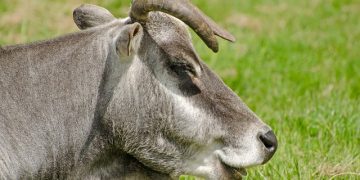


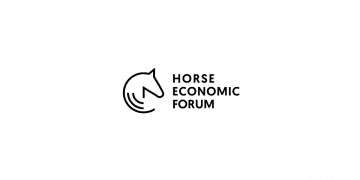











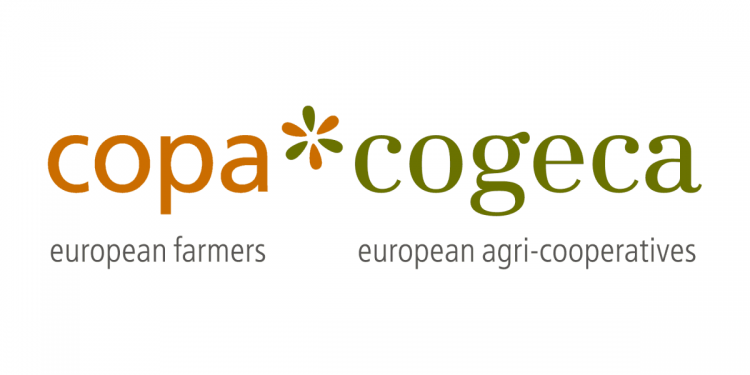
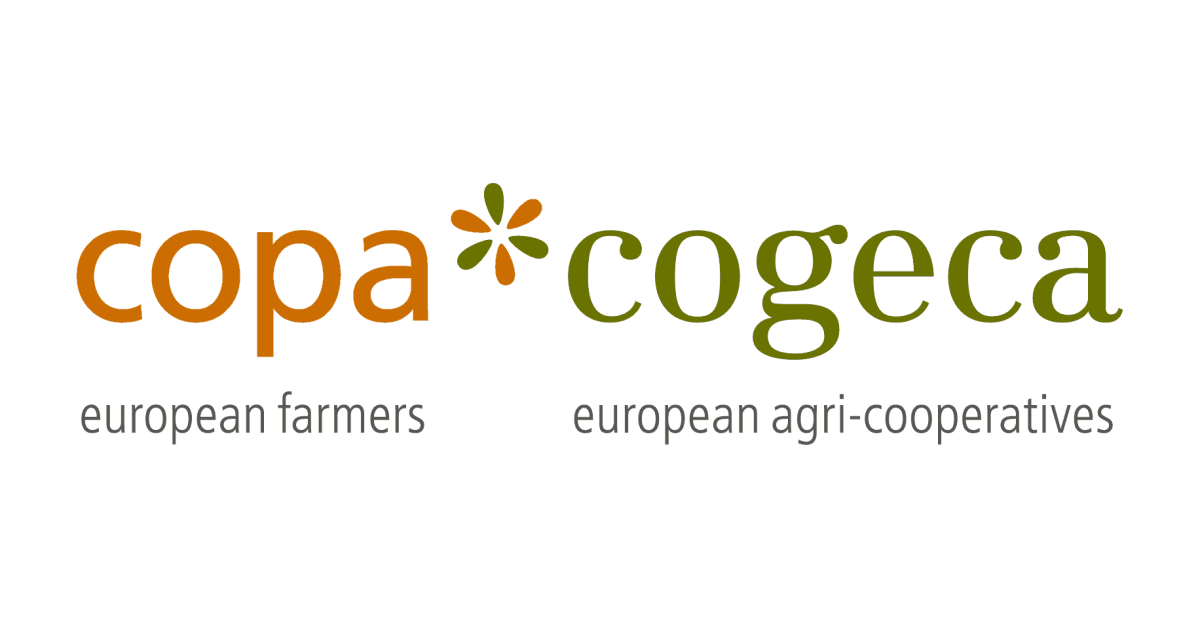

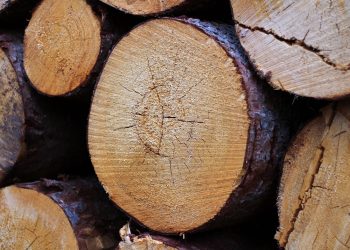






























Discussão sobre este post